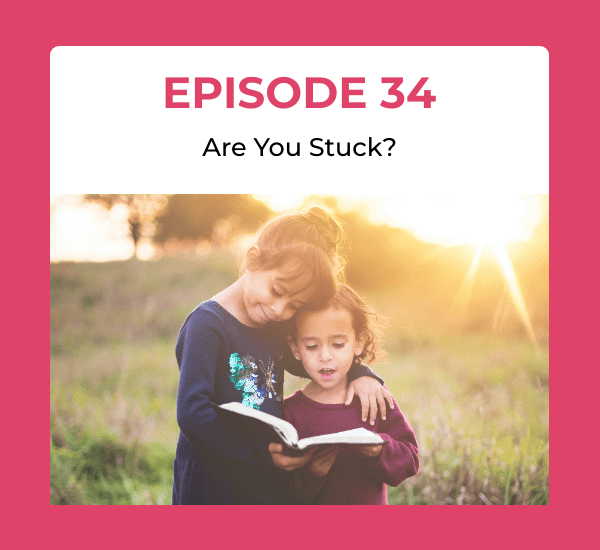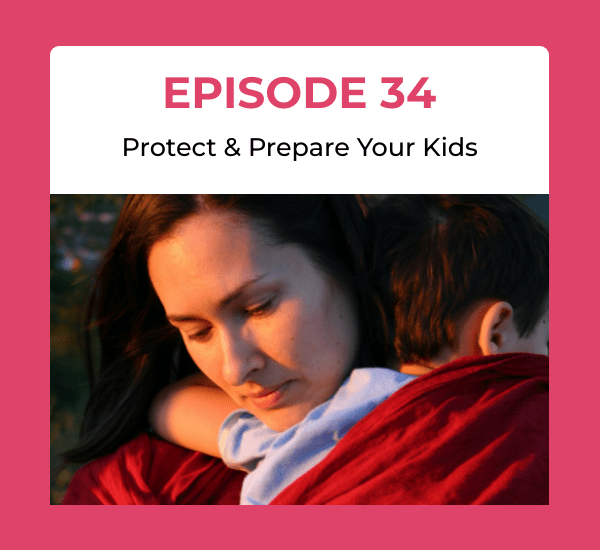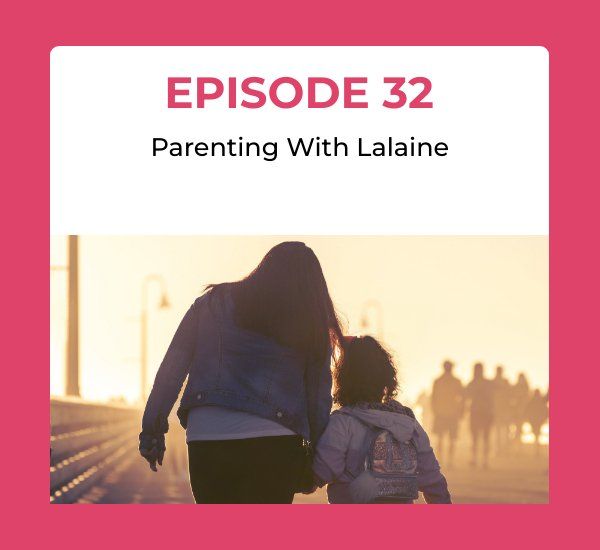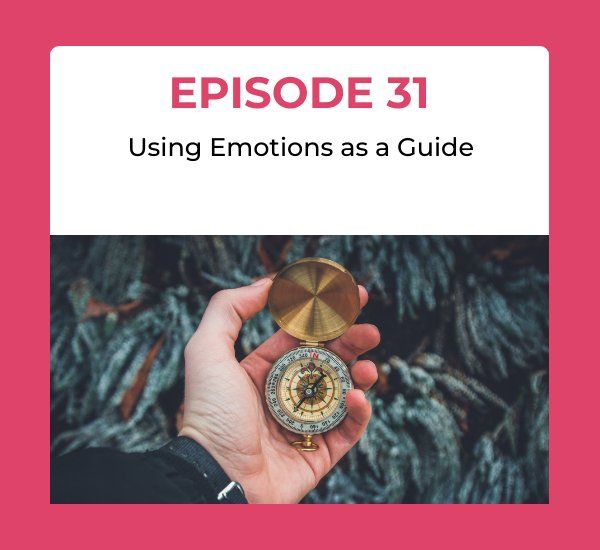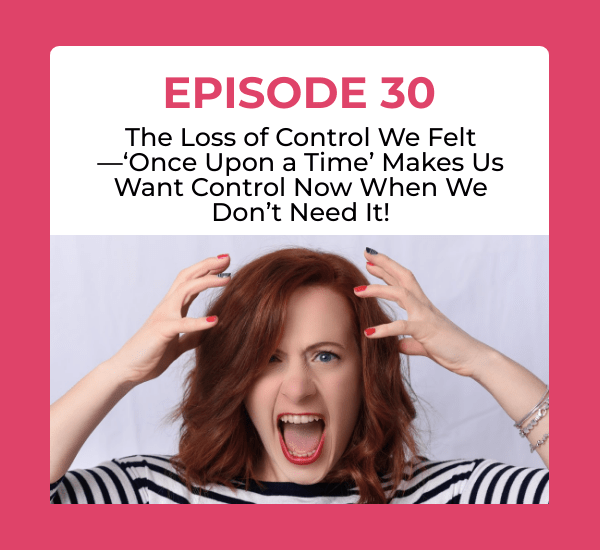Positive Parenting in the Pandemic: Part 3
Parenting Stress Management Tip: When Children Won’t Do Must-Do’s

All parents deserve a peaceful parenting experience,
and all kids deserve a peaceful parent.
I hope you’re convinced that there is every good reason, as a positive and peaceful parent, to use these stress management skills every time it appears throughout your day. Doing so is giving you back control over your life.
The family’s stress has amped way up during the COVID-19 pandemic—parenting has enough stress without adding outside influences like this one that piles more worry and responsibility on parents and derails healthy parent-child relationships.
This blog is to help you dissolve stress around a common parenting issue: kids won’t do what needs to be done.
Helping Us All Do Must Do’s
Bring joy to whatever you do.
-Eckhart Tolle
Use these peaceful parenting tips when children won’t co-operate, won’t get boots on to get out the door on time, do housework, homework, or help when they’re asked to.
- Be clear and kind with your requests. Take a couple of deep, slow breaths before you make a request to help you come from a more relaxed state. (Bless your mistake if you bark, belittle, or demand). Say to yourself and feel the truth of the statement “I matter so much more than my mistake,” and then make it right by apologizing. This will help you be a positive parent!
- Ask your kids if they could help you help the family get done what needs doing. “You have good ideas, and we need to get this done—do you have any good ideas to get it done?”
As taught by Eckhart Tolle, invite kids to bring joy to whatever they are doing. When your children start in with the sad song, “I don’t want to’,” invite them to think of something they love (their pet, a friend, a place) and take that feeling to whatever they are doing that they don’t want to do. Share with them how you as their parent bring the feeling of joy to a must-do.
i. To learn how to do this for yourself, think of the joy of doing a hobby being in nature, or think of someone you love, and then keep that feeling while doing your long list of must-do’s: the laundry, cleaning the toilet, going to work and then having to come home and make a meal, clean up, supervise bath time and listen to everyone’s complaints! Keep the feeling of joy or appreciation while doing whatever you’re doing!
ii. Use the stress-management tool called ‘The Turnaround’. Byron Katie, a world-renowned spiritual teacher created this as part of her work—and it works here to bring clarity to an upsetting situation when we don’t want to do something.
- 1. It’s best to use this one when there’s a bit more time because it will take up to ten minutes once you’ve learned how to do it. When a child states that they don’t want to do something or go somewhere turn the statement that is made - to its opposite and find out why that’s really true, too.
2. For example, if your child says, “I don’t want to do my homework,” ask them to turn the statement around to “I do want to do my homework,” and invite them to find three reasons why that statement is true or truer than the original statement.
a. Some examples that are true are:
1. “So I don’t get in more trouble at school.”
2. “So I don’t fight with you.”
3. “So I pass this grade and keep up with my friends.”
3. At the same time your child is doing their work on their statement, you can do your own work on something you don’t want to do. Explain to the child that you want to feel free and calm, too, and will always do the work with them. - Remind your children that everyone has to do must-do’s – no exceptions. Explain that if you, as the parent didn’t do must-do’s, meals, work, cleaning and driving kids, wouldn’t happen, life would get more complicated, and everyone would be unhappy
- Remind them that must-do’s are one way we each contribute to the family needs and is one way to belong.
- Ask them these questions and listen closely to their answers:
i. Why don’t you want to _________________ (insert whatever it is they don’t want to do)?
ii. What does it mean to you if I ask you to do __________________?
iii. Can you tell me why you feel bad about __________________?
Do Your Children Have Underlying Unmet Needs?
See if they have an unmet need that is blocking them from helping.
Make Your Children Feel Loved
- Children may feel they are not loved, or life is unfair, etc. if they have to do chores. Parents should help them see that they are loved and also, must-do’s must get done.
Children Need Fun—It’s Part Of Their Makeup
2. They might feel like they miss out on fun when they do must-do’s, so invite them to use their imagination to make them fun. Kids are fantastic at making up silly rhymes. Here’s some to get your started when your children won’t do must-do’s:
- “Must-do, put on my shoe!”
- “Get the broom to clean my room!”
- “Time crunch, make my lunch!”
- “I have a task, find my mask!”
- “Clear the table, and tell a fable!”
- “Counter to wipe, swipe, swipe, swipe.”
- “Help my dad, I’m so rad!”
- “Help my mom, I’m a plum!”
- “Wash my face, march in place!”
- “Bath time, wash off the slime!”
- “My teeth need brushing, “NO” to rushing!”
- “Do the dishes, get some kisses!”
- “Grass to cut, don’t say…”But…!”
- “Homework is a big must-do, helps me get a bunch of clues!”
- “Laundry to do, my shirt feels like glue!”
Help Your Children When They Have Self-Esteem Issues To Lessen Behavior Problems
3. They may have a sibling who doesn’t mind must-do’s and feel like they are ‘less than’ if they don’t want to help out. Tell them the sibling has their own issues to deal with.
4. Make a list of things they love to do and then ensure that they get to do them.
5. Feel the love inside of you before you tell them you love them. They know if you’re saying it out of habit or truth.
6. Tell them (often) what you like, love and appreciate about them.
7. Teach them the ‘Superman Stance’. It’s gaining popularity because it empowers anyone who does it. Hands on hips, head held high, shoulders back in ‘I can do it’ posture.
Use Natural Consequences Instead of Punishing Your Child
This parenting stress management tip is for your own wellbeing because we never feel good when we punish a child, so we need to find another way.
8. Talk about natural consequences with the idea of making a correction, not to punish the child. A correction is a sharing of the human experience that makes life easier because of what works and what doesn’t. A correction doesn’t have a negative charge with it and punishment always does. Punishment feels bad for everyone and pushes behaviors underground. Explain that all consequences are built into all actions we take. To teach them actions and consequences are connected, give them the example that if it’s raining and we go outside without an umbrella (the action), we will get wet (the consequence). Make lists as a family beforehand so that everyone knows what’s going to happen when must-do’s don’t get done and no other strategy has worked.
- Be kind to yourself and your kids when you give them with consequences. You are capable of giving a consequence from a calm place because you are practicing strategies that help you be a positive parent. That’s for your wellbeing as a parent—and for the child’s wellbeing.
- Talk about their consequences with them in a non-punishing way. Keep the consequences as close as possible to the issue.
§ Examples:
1. The action: Won’t do chores. The consequences:
a. Gets free time but feels the discomfort of disrespecting family needs.
b. Causes conflict within family.
c. Loses out on the gratifying feeling of contributing.
d. Might not get help when they want it.
e. Might lose privileges.
f. Since the chores need to get done, someone else does them and earns more privileges and more allowance.
2. The action: Won’t do homework and is failing. The consequences:
a. Has temporary free time because they aren’t doing homework.
b. Creates and feels conflict within themselves, parents and the school.
c. Feels targeted at school for being in trouble there when they caused the problem themselves.
d. Becomes attached to the pain of irresponsibility and become disempowered.
e. Gets a tutor after school, and passes or doesn’t.
f. Doesn’t get a tutor and passes or doesn’t.
7. Make the consequence as close to the conflict as possible.
- If they misuse the phone, the consequence is related to phone usage.
- If they misuse the car, the consequence is related to the use of the car.
- If we don’t keep the space clean and neat, we don’t use the space.
- If we don’t do chores that help to keep the household running smoothly (must-do’s), we don’t enjoy our down time the way we want to (the consequence is to lose a privilege we usually enjoy in our free time). If we don’t do must do’s we don’t get to enjoy free time.
These stress management tips can take a lot of tension and unhappiness out of running a household. They are especially good at starting parent-child conversations and helping the entire family to self-regulate back to their innately good nature! They can also be considered ‘bad behavior prevention’ and that saves everyone from a lot of stress—we all want to spend our time feeling emotionally healthy.
You’re on your way to becoming a peaceful and positive Kid Code Parent!
For the love of kids,
www.thekidcode.ca [email protected]
P.S. Remember, we have positive parenting courses you can take in the time it takes to have a coffee break!
